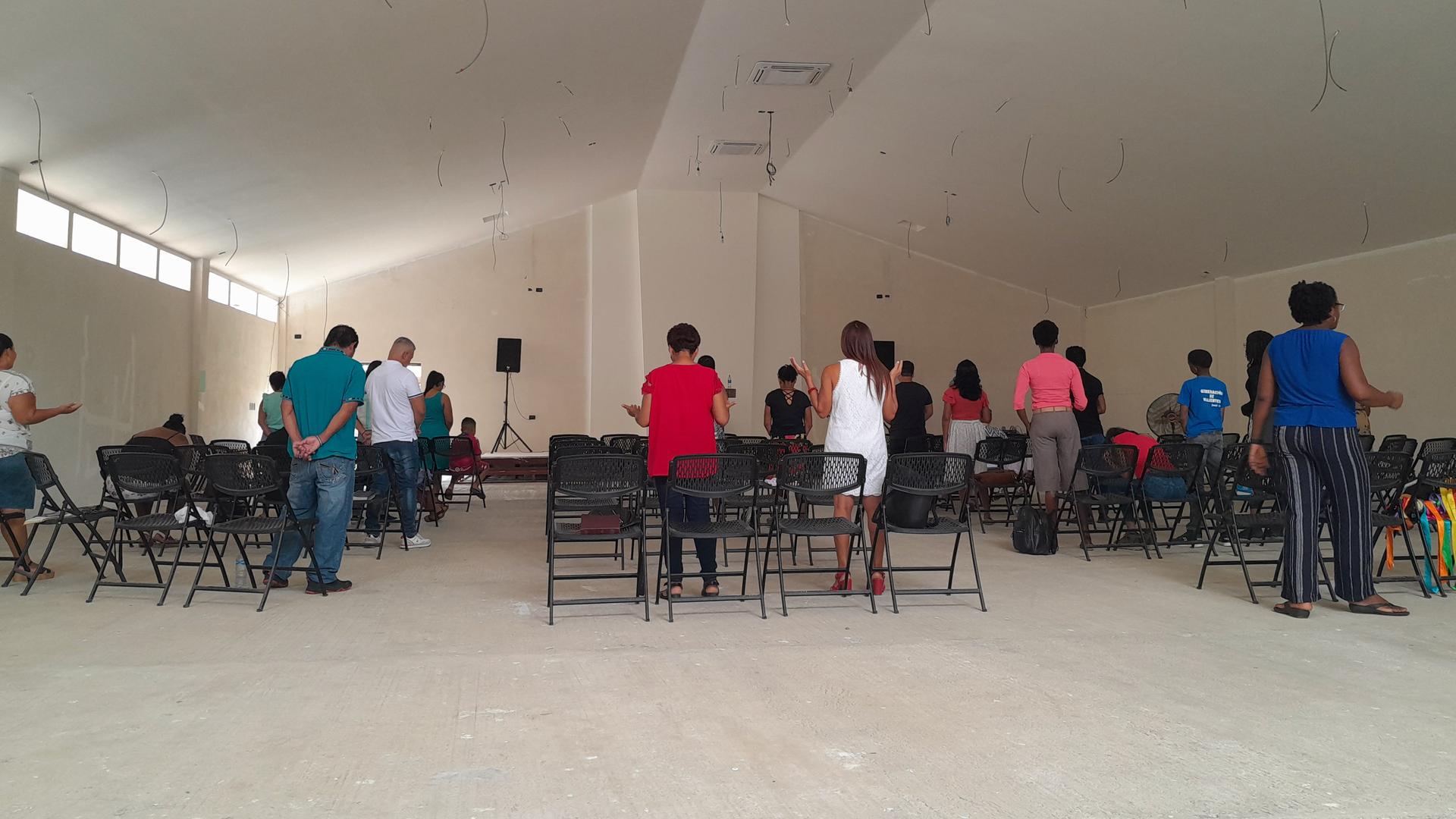The Catholic Church in the Caribbean town of Puerto Viejo, Costa Rica, a simple one-story building a block from the waterfront, is packed for service on Sunday afternoon.
Like millions across Costa Rica, Digna Maria Fajardo attends every week with her husband and two children.
“For me, the church is the most important. It’s the best,” she said.
It’s also constitutionally mandated. The country has religious freedom, but the designation means that the state goes out of its way to support the church. Between 2010 and 2015, for example, the government provided over $6 million to the Catholic Church. Hundreds of thousands more were given to help maintain the church’s historic archives in the capital, San Jose.
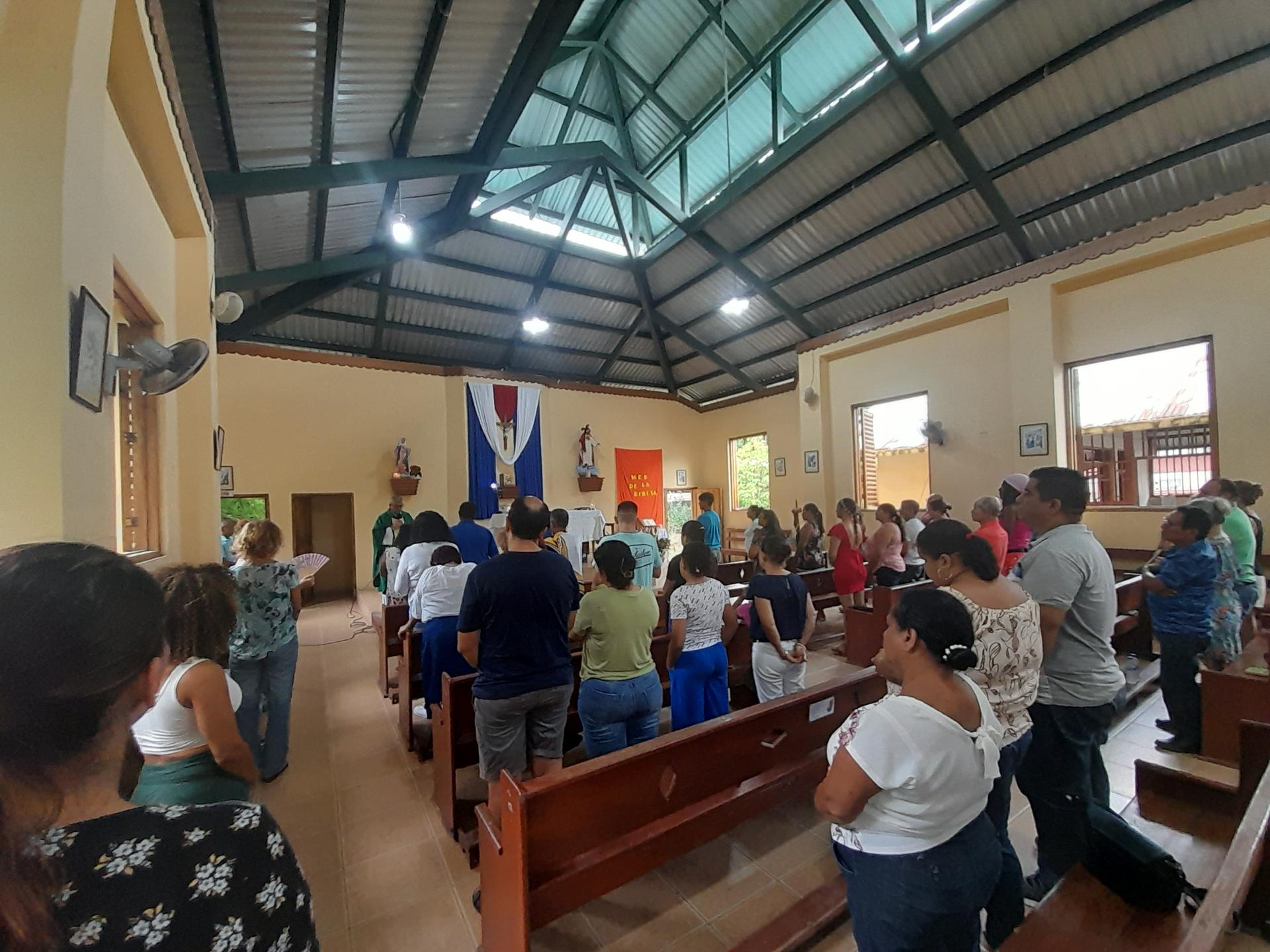
But Catholicism is not the only game in town. Today, evangelicals make up roughly 28% of the population of Costa Rica. Their numbers are growing. And state religion does not sit well with many.
Like Berta Cortez, who has long been an active member of the Assembly of God church that has a new building just down the street from Puerto Viejo’s Catholic Church.
“There shouldn’t be this support for just one religion,” she said. “The country should not be like this. But we all have different ways of thinking and believing what we believe.”
Nevertheless, analysts say that, in practice, the designation means little.
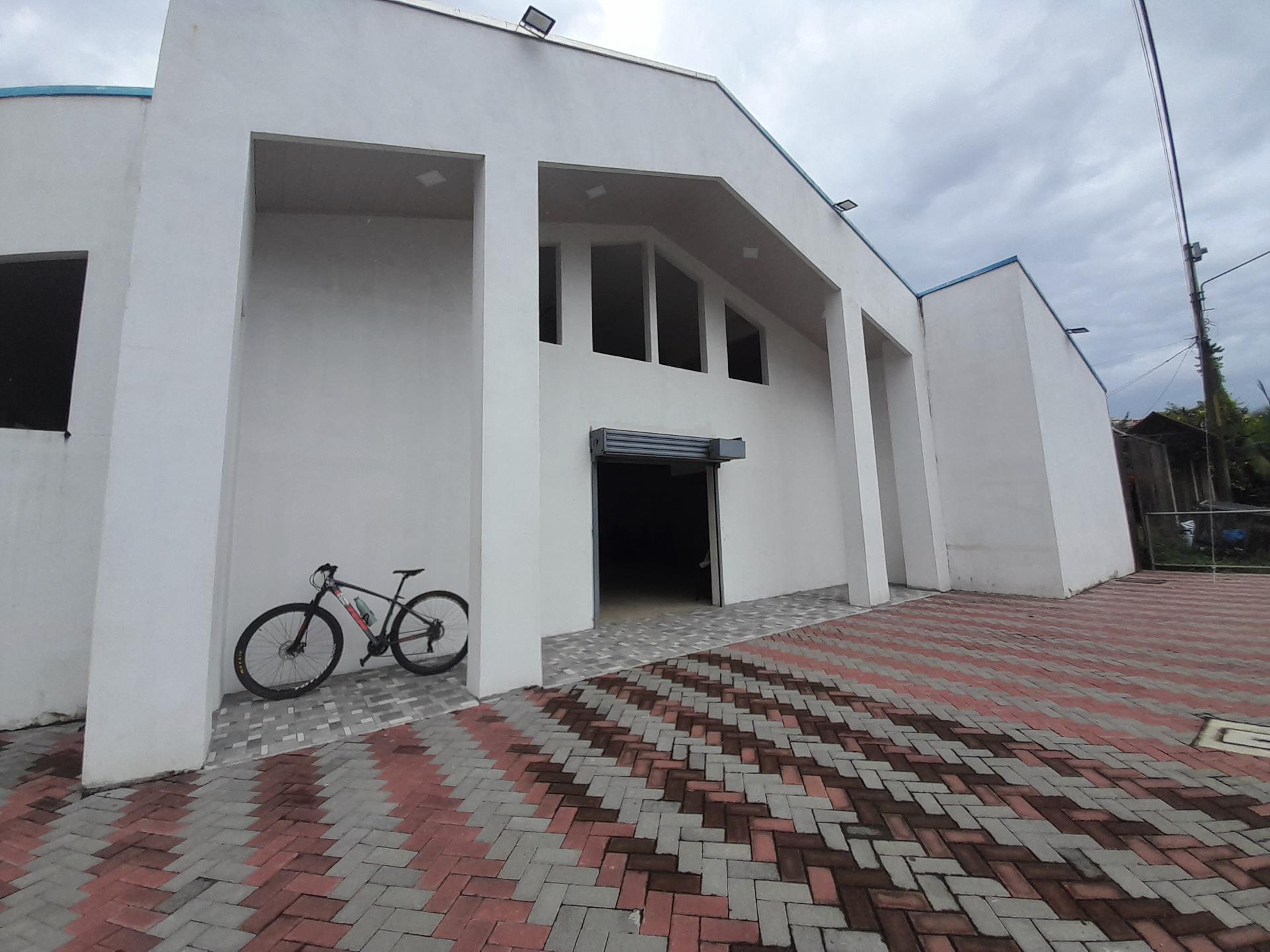
“All political actors in the country, both on the right and the left, recognize that in practice, the Costa Rican state is practically secular,” said Claire Nevache-Weill, a doctoral student at the Free University of Brussels and a researcher in religion at the International Center for Political Studies.
And, in fact, current President Rodrigo Chaves has been moving in the opposite direction — by actively embracing evangelicals and their cause.
Chaves is a nationalist politician inspired by former US President Donald Trump. The economist worked for three decades at the World Bank and was largely a political outsider ahead of his presidential victory last year.
Just a week out from the runoff vote, he signed a pact with a handful of prominent evangelical pastors, in which he promised to eliminate so-called “gender ideology” in schools, fight abortion, promote evangelical positions in his government and collaborate actively with the evangelical church.
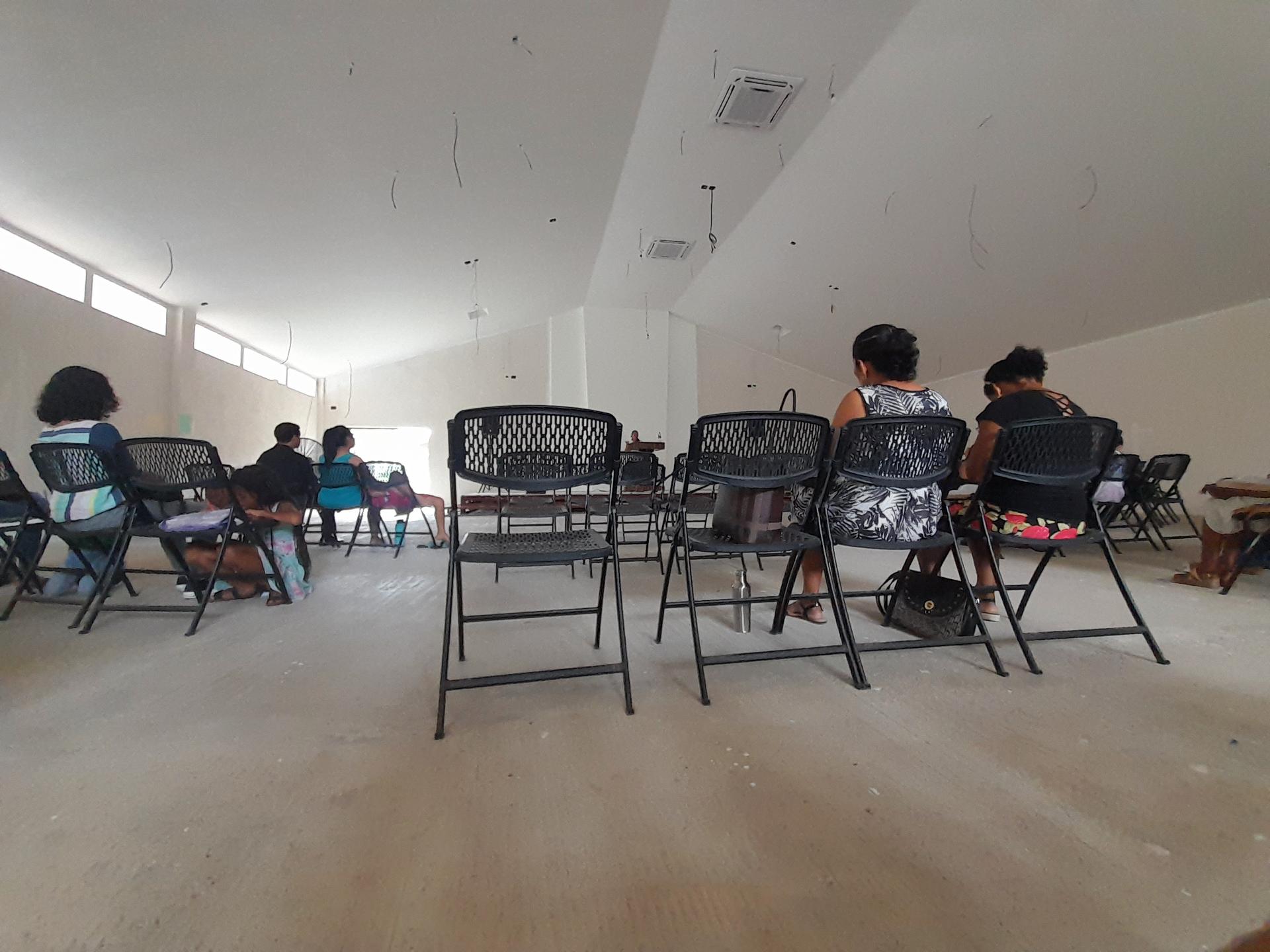
For his inauguration, he was sworn in with a Bible — not common practice in Costa Rica. He also asked for the ceremony to be blessed both by a Catholic priest and an evangelical pastor.
Nevache-Weill said that this was the first time this had happened in the country.
“If you look at this in its historical context, this was a really big thing,” she said. “It was a signal to evangelicals. And a major shift from the past.”
Many evangelicals appreciate his support.
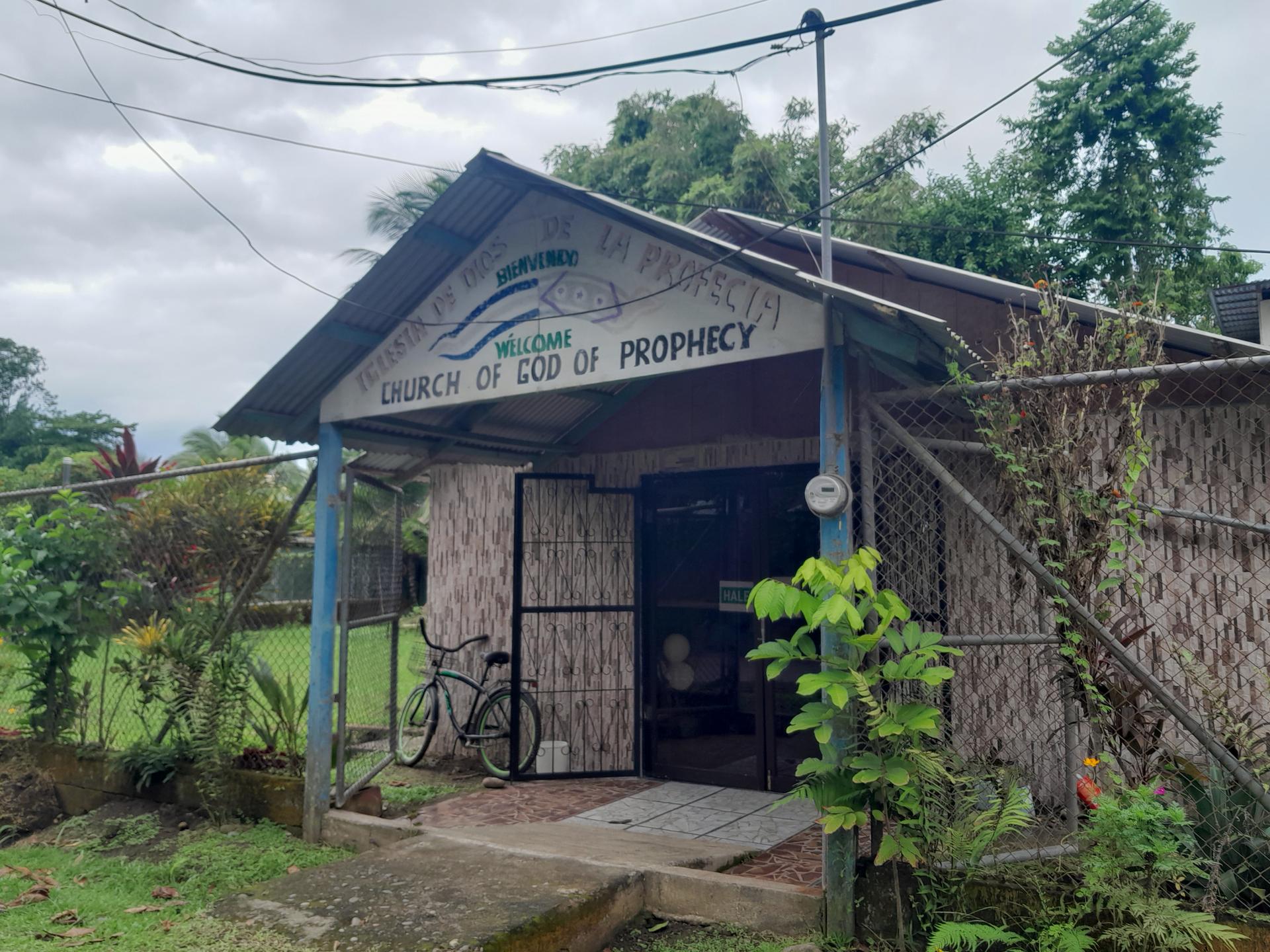
Cassandra Barahona attends service at Puerto Viejo’s evangelical God of Prophecy Church. It’s a small, cozy building with only enough room for a couple dozen people inside.
“We are really happy that the president is taking the evangelical churches into account,” she said.
Some leading evangelical pastors have also been outspoken in favor of the president.
“I’m not political,” said one pastor in August, in a video shared on YouTube. “But this is the first time that we have a president. Because all the others have been miserable.”
He called opposing politicians “from the devil.”
Chaves’ own speeches have been riddled with religious references, but not only in support of the country’s evangelicals.
“Chaves makes utilitarian use of gestures and religious expressions, which can be both Catholic or evangelical,” said Andrey Pineda Sancho, a researcher at Costa Rica’s State University, UNED. “He covers both groups, by being conveniently ambiguous. But overall, he continues to show sympathy with the conservative cause.”
Religious ambiguity has become a powerful component of the discourse of many of Latin America’s nationalist leaders. Like former Brazilian President Jair Bolsonaro, Rodrigo Chaves is Catholic, but he also caters to the millions of evangelicals in the country.
Nevache-Weill said that this is a common thread among the right-wing populists in the region — and is their way of appealing to as broad a sector of the Christian population as possible.
“They try to cultivate this certain ambiguity regarding their religious affiliation,” she said. “We see it with Rodrigo Chaves. We saw it with former Peruvian dictator Alberto Fujimori. We see it with Bolsonaro and also El Salvador’s president Nayib Bukele.”
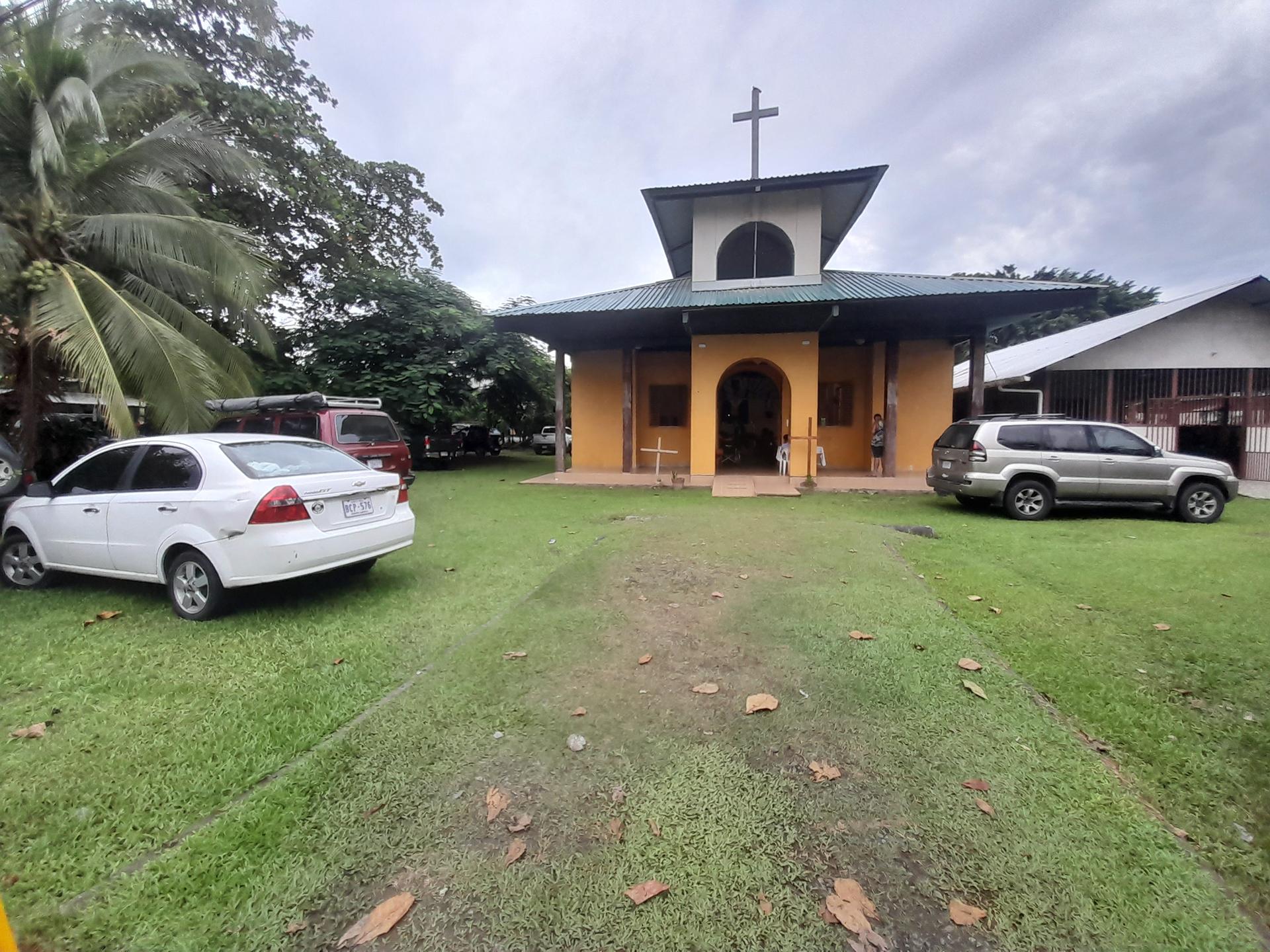
As for the question of Costa Rica’s constitutionally mandated Catholicism, early in his campaign for the presidency last year, Chaves said he was deeply religious but believed the state should be secular. That, however, is no longer something most leading evangelicals in the country are clamoring for. And Chaves knows it.
That’s because having a state religion helps them with their common moral cause against issues such as abortion, LGBTQ rights and same-sex marriage, according to Cesar Zuñiga, a political scientist and a congressional adviser.
“This moral agenda has paradoxically meant that evangelical groups rather tend to defend the Catholic-state religion,” he said. “Because they presume, and rightfully so, that this is a kind of constitutional safeguard against the emergence of these ideas in the country’s politics.”
In other words, in Costa Rica, when it comes to moral agenda, Catholics and evangelicals are largely on the same page. So is Chaves. And they see the state religion as a tool to protect their Christian values, regardless of their denomination.
The story you just read is accessible and free to all because thousands of listeners and readers contribute to our nonprofit newsroom. We go deep to bring you the human-centered international reporting that you know you can trust. To do this work and to do it well, we rely on the support of our listeners. If you appreciated our coverage this year, if there was a story that made you pause or a song that moved you, would you consider making a gift to sustain our work through 2024 and beyond?
